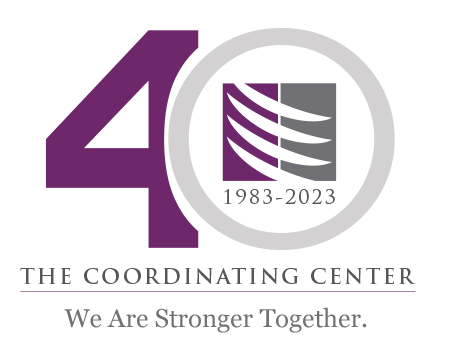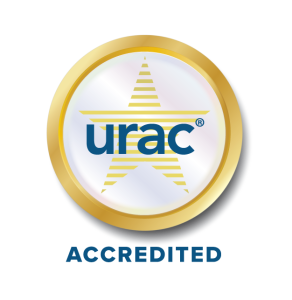MEDIA RELEASE
According to a second study released today by The Coordinating Center, older adults in Howard County with low income have developed useful experience in coping with age-related challenges and remaining in the community as they age.
The study was a part of the Opting for Independence program piloted in Howard County, in concert with the Howard County Office on Aging, and funded by the U.S. Department of Health and Human Services, Administration on Aging.The purpose of the study was to learn more about how older adults view the prospect—and possibility—of remaining in their own homes as they age. Interviewees volunteering for the study were from multiple neighborhoods in the east and south east parts of Howard County. All household incomes were under $50,000, with the majority being under $20,000.
Authored by aging issues consultant Rusty Toler, the Opting for Independence Case Study Report—Resiliency in Older Adults describes interviews with 32 adults whose ages ranged from 60 to over 85. The earlier report published in 2012 by The Coordinating Center described similar interviews with 30 interviewees who were somewhat younger and whose incomes were higher.A major finding was that interviewees in both sets of Opting for Independence data wanted information about affordable and effective strategies should they would need support for a long period. A widowed woman put it this way: “If it was long term, I’m trying to think what would happen. I don’t know. If you’re really, really sick, do you end up in a health care facility? If I were that sick, I’d be too sick for my kids to take care of me efficiently.”
Many interviewees were already eligible for public programs and either regularly or episodically used multiple community services as well as some degree of assistance from their children. In addition, many interviewees knew they would struggle for money if their income were to go down or if costs associated with health care or basic necessities were to rise. However, as one resident of a mobile home community said, “I’ll tell you right now that I don’t have enough and won’t ask my children for help.”
The report demonstrates that many interviewees had lifelong experiences in living with limited resources and they continue to show resilience as they age. Interviewees use the following strategies: applying for public programs; living close to family members who can provide some level of support; living in homes in which modifications either had been made or did not require any changes; and taking personal responsibility for their health. From both sets of interviews, there was the common theme about the difficulties of planning for an unpredictable future where the specifics of life changes are unknown. An overall lack of knowledge about available services contributed to this difficulty. As a result, in Resiliency in Older Adults, the Howard County Office on Aging, the Community Action Agency, Association of Community Services, and Coalition of Geriatric services recommended actions they plan to take to reach out to more seniors with existing services to help people plan for their future.
Karen-Ann Lichtenstein, Executive Director of The Coordinating Center, noted that “The Opting for Independence case studies reinforce what we hear from the many other people we serve as they get older. They recognize that their ability to remain in the community is a combination of personal responsibility combined with a reliable support network.The Center is pleased to add the voices of older adults to the discussion about long term services and supports in Maryland.”
Both reports are available on The Coordinating Center’s website at https://www.coordinatingcenter.org/resources-publications/manuals-reports/.
###
Founded in 1983 and headquartered in Millersville, Maryland, The Coordinating Center is a non-profit, private organization that provides care coordination to individuals and families with complex medical needs and disabilities. Visit www.coordinatingcenter.org for more information.









